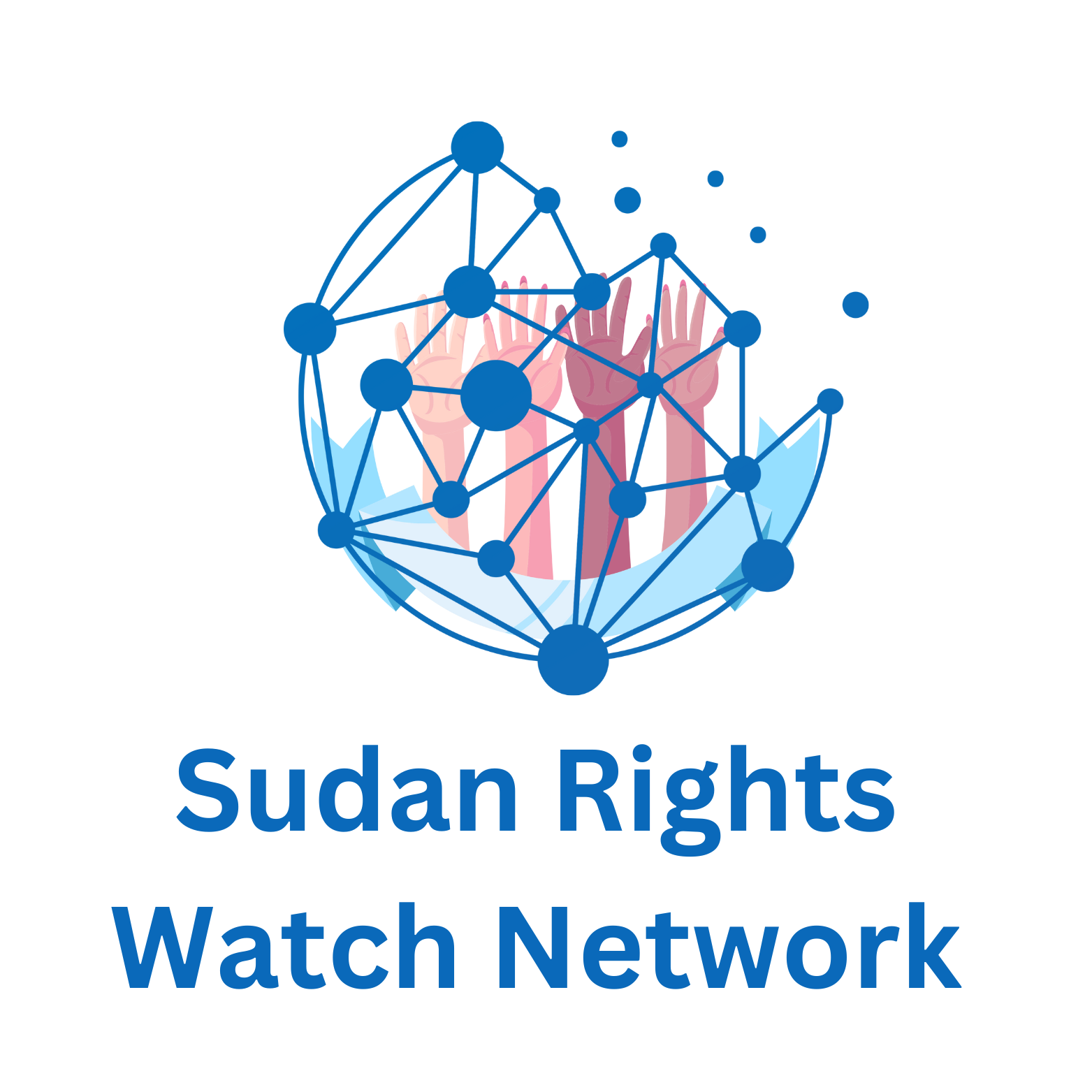Escalating Cholera Outbreak in Sudanese Refugee Camps in Eastern Chad
Extended Report | August 14, 2025, Eastern Chad
Since early July 2025, cholera cases have been recorded in several Sudanese refugee camps in eastern Chad. The first cases appeared in Douki Camp, a new camp hosting refugees recently fleeing the conflict in Sudan, particularly from North, South, and East Darfur states, as well as areas of central Sudan, after the Sudanese Armed Forces regained control of Khartoum and Al-Jazeera states.
According to a field source from Sudan Rights Watch Network in Eastern Chad, as of August 12, 130 confirmed cases of cholera had been recorded in Douki Camp, including seven deaths. Three cases of the epidemic were also recorded in Adré Camp, including a restaurant worker inside the camp. As of August 14, 422 cases, including 25 deaths, had been recorded in Ouaddai State, whose capital is Abeche. All refugee camps in eastern Chad are located within this state.
According to our source’s close monitoring, following the increase in infection rates, Chadian authorities held an emergency meeting in coordination with humanitarian organizations operating in eastern Chad to discuss ways to contain the epidemic. Proposals included tightening controls on the Sudanese Chadian border and limiting the entry of new refugees, especially during aid distribution days, which typically witness a greater influx of arrivals.
Potential human rights risks:
Closing borders or restricting the entry of refugees poses a direct threat to the lives of those fleeing conflict zones, as they may be subject to arrest, death, or other violations inside Sudan. The lack of urgent medical intervention increases the likelihood of high mortality rates and the spread of the epidemic in the camps, while societal stigmatization of infected people, especially those working in service activities inside the camps, exacerbates discrimination and social isolation.
Legal Analysis:
The principle of non-refoulement, set forth in Article (33) of the 1951 Convention relating to the Status of Refugees, prohibits the return of any person to a country where they would be in danger of persecution or a threat to their life. Accordingly, any restrictions on the entry of new refugees for health reasons must be temporary, non-discriminatory, and proportionate to the legitimate aim of protecting public health.
Article (12) of the International Covenant on Economic, Social and Cultural Rights also guarantees the right of every human being to the enjoyment of the highest attainable standard of physical and mental health, including access to clean water, sanitation, and medical services, particularly in humanitarian emergencies. International humanitarian law and the rules of protection in the event of disasters also apply to refugees in eastern Chad, obligating authorities and the international community to provide humanitarian assistance without discrimination and in proportion to the scale of need.
Urgent Appeal and Recommendations:
Given this health and human rights situation, Sudan Rights Watch Network Urges the Chadian authorities to avoid and refrain from taking any measures that would lead to forced return or deprive those fleeing the conflict of the right to seek international protection. They should also adopt an urgent health response, including establishing medical isolation units, increasing health awareness campaigns, and ensuring the prompt entry of medical aid and clean water.
The Network also recommends and calls on the international community and humanitarian organizations to enhance logistical and financial support for the urgent response, provide mobile medical teams to contain the epidemic in its early stages, and support awareness programs on cholera prevention. Sudanese and regional human rights networks should monitor and document any cases of denial of the right to seek asylum or forced return, pressure relevant authorities to respect their international obligations, and cooperate with public health organizations to disseminate reliable information on prevention.
Full Context:
Since the outbreak of the war on April 15, 2023, Sudan has witnessed successive waves of displacement and asylum, forcing hundreds of thousands to cross the border into Chad to escape the fighting in Darfur, Khartoum, and central Sudan. As the conflict has expanded, much of Sudan’s health system has collapsed, and basic services have deteriorated, making Chadian camps a primary refuge for those fleeing. Douki Camp, where the cholera epidemic first emerged, is one of the camps established to accommodate the growing number of refugees, the majority of whom have recently fled from various states in the Darfur region or the rest of the country. However, these camps suffer from fragile health infrastructure, manifested in a lack of potable water, poor sanitation, and overcrowding that accelerates the spread of infectious diseases.
The influx of Sudanese refugees is an increasing burden on Chadian authorities, who face internal economic and security challenges. This may prompt them to exploit health concerns to justify tightening entry procedures or closing borders, threatening the lives and basic rights of refugees. The emergence of a cholera epidemic coinciding with aid distribution days reveals the fragility of the humanitarian response system, as large numbers of refugees gather at distribution points without adequate preventative measures, creating an ideal environment for the transmission of the virus. From a human rights perspective, this situation highlights the risk of health crises being used as a tool of political pressure, whether intentionally or as an indirect result. This requires close monitoring and international pressure to ensure that public health does not become a pretext for restricting international protection for those fleeing conflict.
